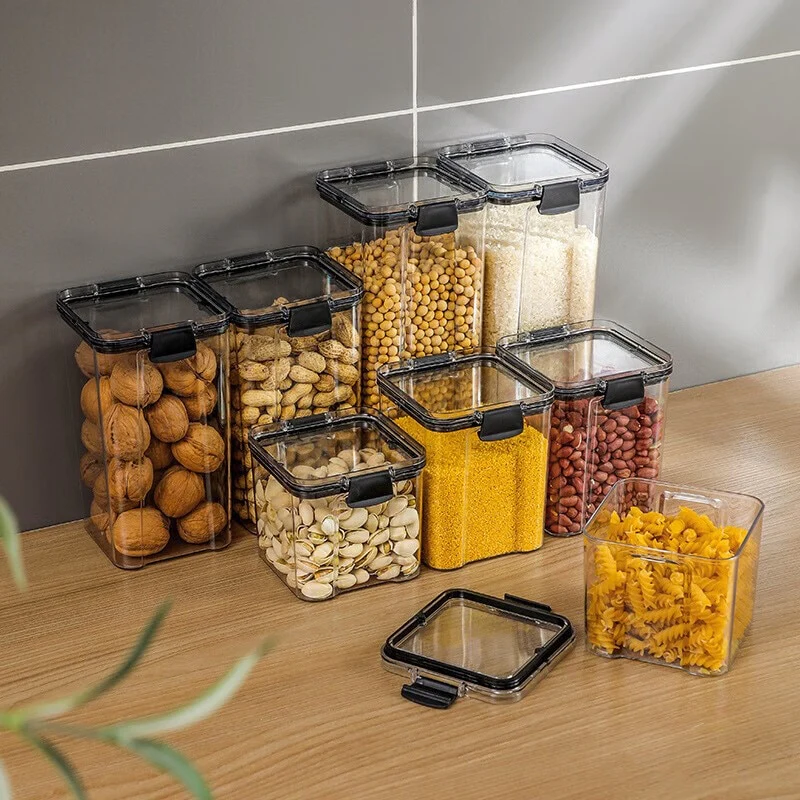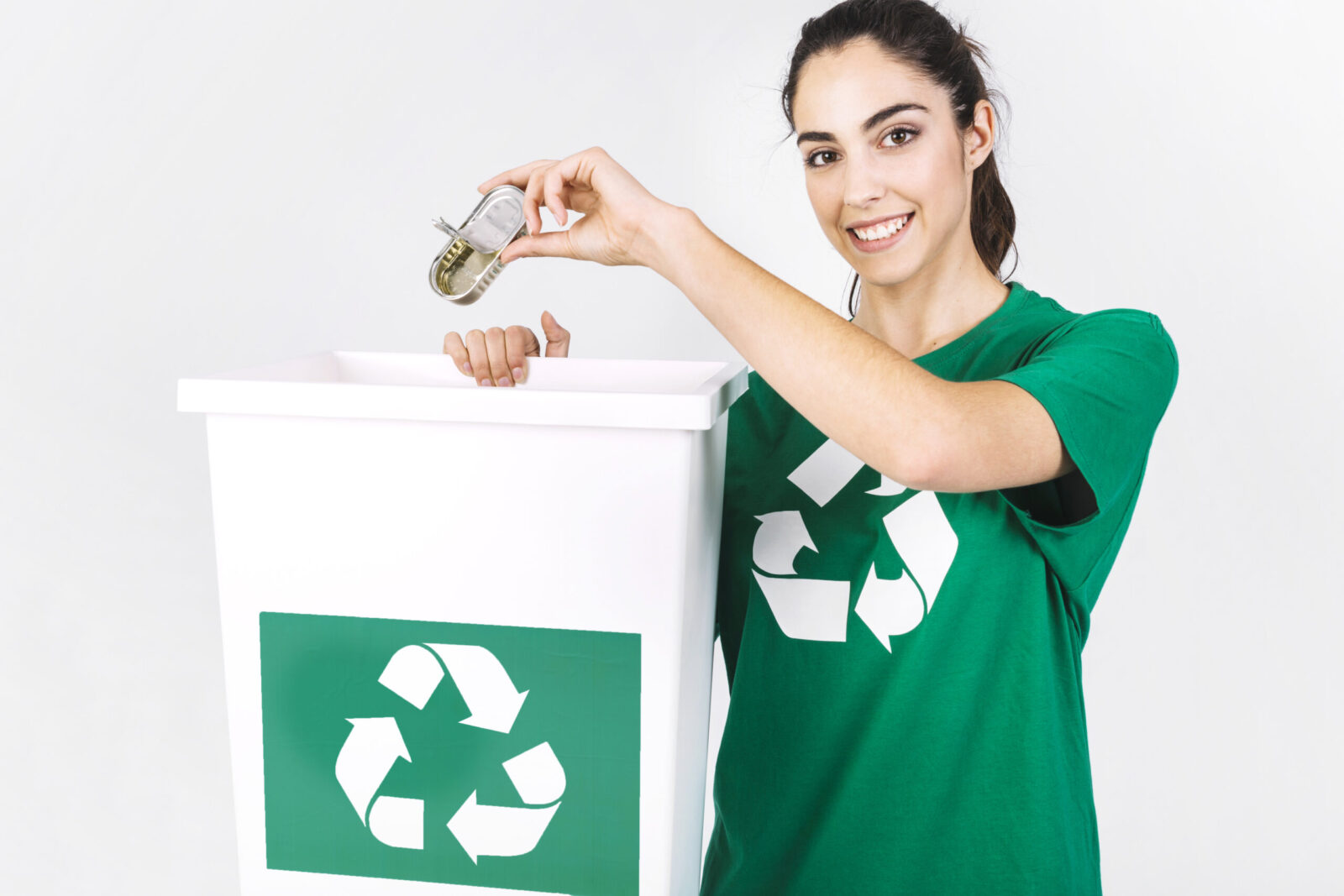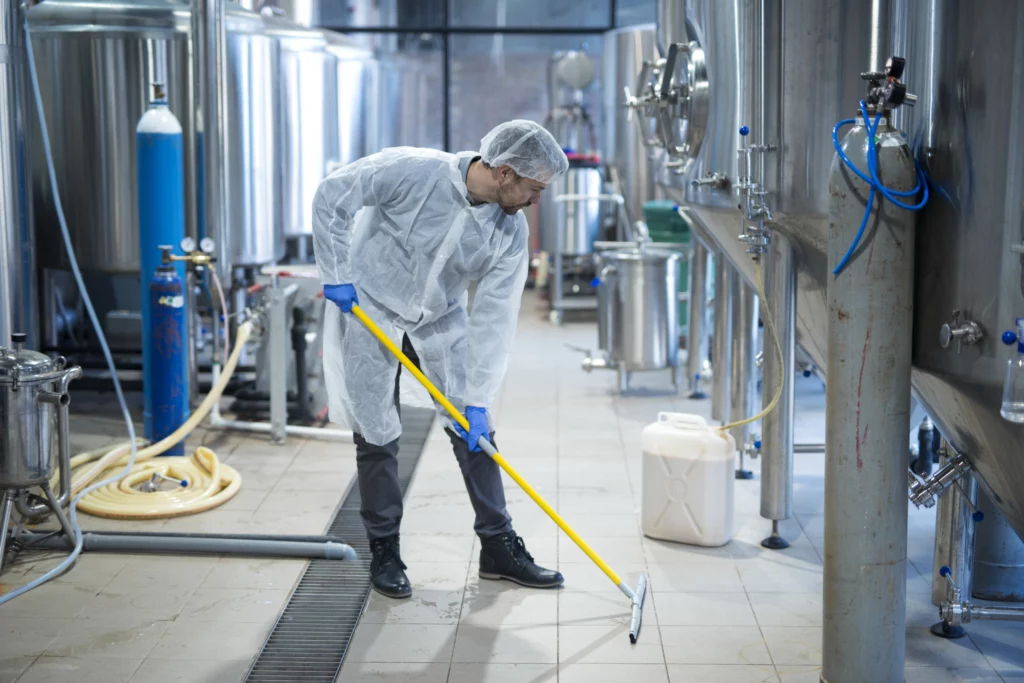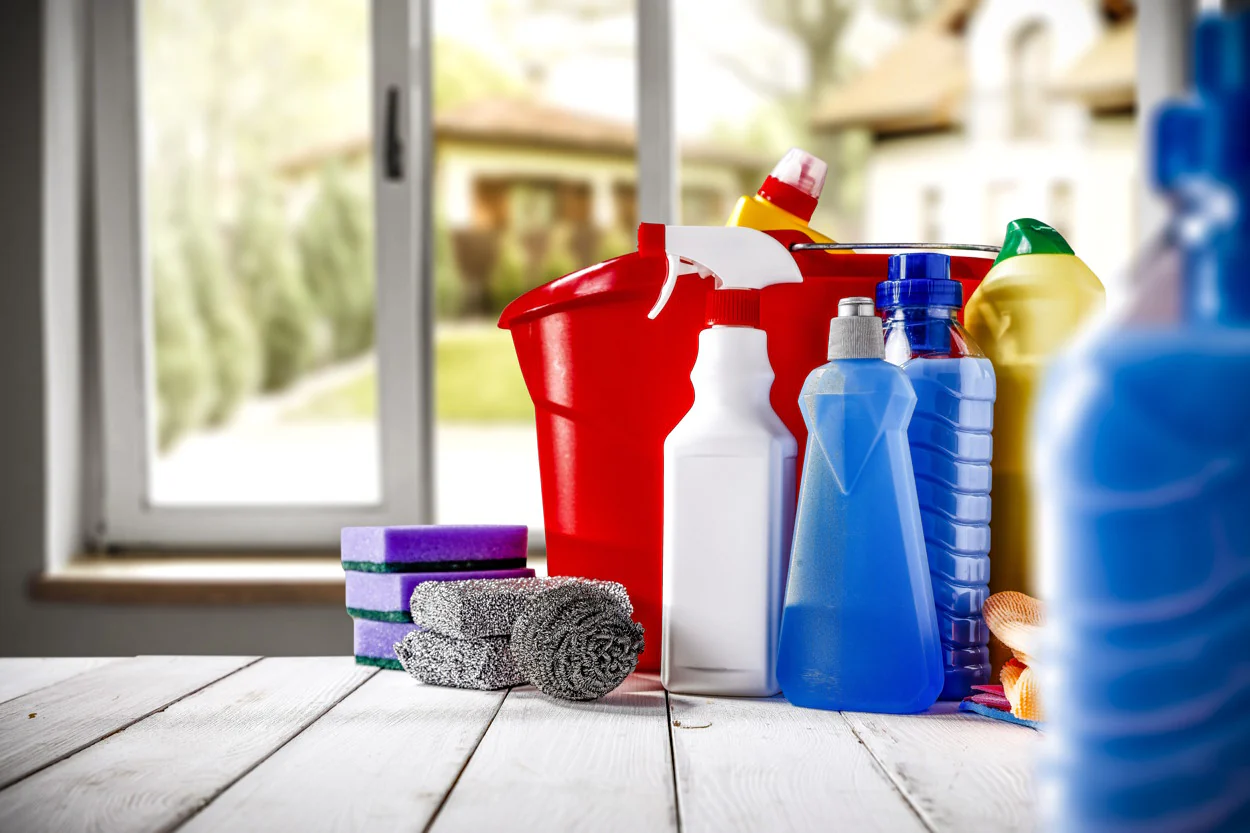
How To Select Food Storage Containers Based On Material: Glass, Plastic, Or Stainless Steel?
Selecting the right food storage containers is crucial for maintaining food freshness, quality, and safety. The material you choose directly...

Get 20€ off on your first order!
Creating an efficient recycling program at work starts with the right setup. This guide will show you how to choose the perfect bins, place them strategically, and engage your team to make recycling simple and effective. You’ll get everything you need to get started today, plus tips to maintain a clean and well-organized system. And once your recycling is up and running, we’ll help you tackle the next steps for a fully sustainable workplace. Let’s get started!
Before purchasing bins, evaluate the types of waste your workplace generates. For instance, an office might primarily produce paper and plastic waste, while a cafeteria generates organic waste. Observing your office’s waste habits will help you decide on the appropriate number and type of bins.
Consider these questions:
Using this information, determine the required categories and volume of recycling bins. You may also need to select trash bags tailored to these waste types. Visit our Garbage Bags category for durable and eco-friendly options.
Selecting bins that match your office’s waste profile is key. Opt for color-coded bins with clear labeling, such as blue for paper, green for glass, and yellow for plastics, to help employees sort waste effortlessly. In Europe, standard recycling colors include:
For a professional and cohesive look, choose bins that fit seamlessly into your workplace. Many businesses prefer sleek designs that blend with modern office interiors. Resources like the Business Recycling Guide provide further insights on selecting the right bins.

Placement is critical to the success of your recycling program. Ensure bins are located in high-traffic areas such as break rooms, near printers, and at entrances, and consider adding floor markers or wall signs to make them more visible. Place recycling bins strategically with clear signage to support effective waste sorting and minimize confusion.
Use a simple chart like this to map out placements:
| Location | Recommended Bin Types |
| Break Rooms | Organic, Plastics, General |
| Printing Areas | Paper, General |
| Entrances | Mixed Recycling |
Educating employees is just as important as providing bins. Share clear guidelines on what can and cannot be recycled, and consider distributing a one-page reference sheet or an infographic for quick understanding. Conduct brief training sessions or provide signage with examples of recyclable materials.
Encourage participation through:
Refer to the Snohomish County Recycling Guide for templates and ideas.
Recycling programs need regular monitoring and maintenance to remain effective. For instance, appointing a recycling champion or team can help ensure consistent program oversight and success. Ensure bins are emptied regularly to maintain efficiency and cleanliness in the recycling areas. Assign a team or individual to oversee the program’s success.
Periodic evaluations can help identify opportunities to enhance recycling accuracy, such as improving training or updating signage. Reassess the types of bins or their placement as your workplace evolves.
A successful recycling program often requires complementary cleaning supplies, such as disinfectant wipes and surface cleaners, to maintain hygiene and efficiency in recycling areas. Here are some key product categories:
These products ensure a clean and well-maintained recycling station that employees will feel comfortable using.
For additional tips and tools, explore these resources:
We hope this guide has provided you with valuable insights into setting up workplace recycling bins, from understanding waste categories to selecting the right bins and engaging your team. Whether you’re creating a sustainable office environment or enhancing your waste management efforts, we’re here to support you every step of the way.
Explore our full range of waste management tools, including recycling bins, garbage bags, and cleaning supplies, to find everything you need for a seamless setup. Trusted brands and eco-friendly options are just a click away to help make your workplace greener and more efficient.
Have questions or need advice on selecting the right products for your recycling program? Don’t hesitate to reach out—we’re always here to help you achieve your sustainability goals with confidence.
– The Droppe Team
Use clear labels and signage near bins to guide proper waste sorting. Educating employees regularly can also help minimize contamination.
It’s best to use bags designed for specific waste types, like clear bags for recycling, to ensure proper disposal and compliance with local regulations.
Consider specialized bins for materials like e-waste, batteries, or hazardous items, and partner with local recycling facilities for proper handling.
Empty bins before they overflow to prevent contamination and maintain cleanliness. High-traffic areas may require daily monitoring.
Yes, if your workplace generates food scraps or organic waste, a dedicated bin for compostables helps keep recycling and trash uncontaminated.
Thank you! You've signed up for our newsletter.



















Selecting the right food storage containers is crucial for maintaining food freshness, quality, and safety. The material you choose directly...

Selecting the right disposable spoons doesn’t have to be overwhelming. By considering material, durability, design, and sustainability, you can make...

Looking for the perfect degreaser? This guide simplifies the choice between solvent-based and water-based options, helping you find the best...

Selecting the right food storage containers is crucial for maintaining food freshness, quality, and safety. The material you choose directly...

Selecting the right disposable spoons doesn’t have to be overwhelming. By considering material, durability, design, and sustainability, you can make...

Looking for the perfect degreaser? This guide simplifies the choice between solvent-based and water-based options, helping you find the best...
Get 10€ off on your first order!
Save 30% by buying directly from brands, and get an extra 10€ off orders over €100
Save 30% by buying directly form brands, and get an extra 10€ off orders over €100